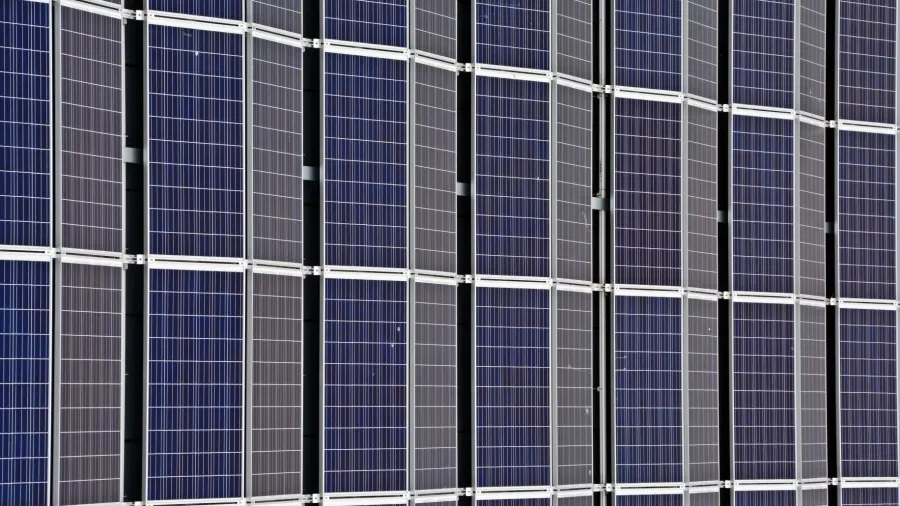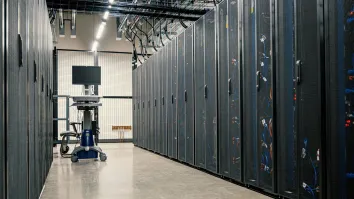
Solar tariff to rise by about 21% over the next year: report
This is mainly due to the 40% basic customs duty India levied on solar module imports.
Solar tariff could increase by about 21% in the next 12 months as India pushed through with the imposition of 40% basic customs duty (BCD) on imported solar modules, the Institute for Energy Economics and Financial Analysis (IEEFA) and JMK Research reported.
“The price and performance of modules are critical factors in project cost and, accordingly, in developers’ bids in solar auctions,” JMK Research Founder, Jyoti Gulia, said.
On top of the 40% BCD, the Indian government also levied solar cells 25%.
The increase in module prices can also be attributed to the rising price of raw materials and freight charges as well as the implementation of the Approved List of Models and Manufacturers (ALMM), which excludes modules made outside India.
On this note, the IEEFA and JMK Research urged the central and state regulators to provide more clarity, in terms of the duration of the BCD imposition and plans to either increase or decrease the rate on a yearly basis.
The report identified three scenarios that demonstrate the implications for future tariffs of using domestically manufactured and imported modules.
In the first case, the tariff is estimated at Rs2.43 per kilowatt-hour (kWh) (US$0.0323/kWh) if duty-free imported modules are applied. This could rise to Rs.2.95 (US$0.039/kWh) with imported modules subject to the BCD.
In the third scenario, the tariff would cost Rs2.26 (US$0.030) if a developer procured domestic modules.



















 Advertise
Advertise




